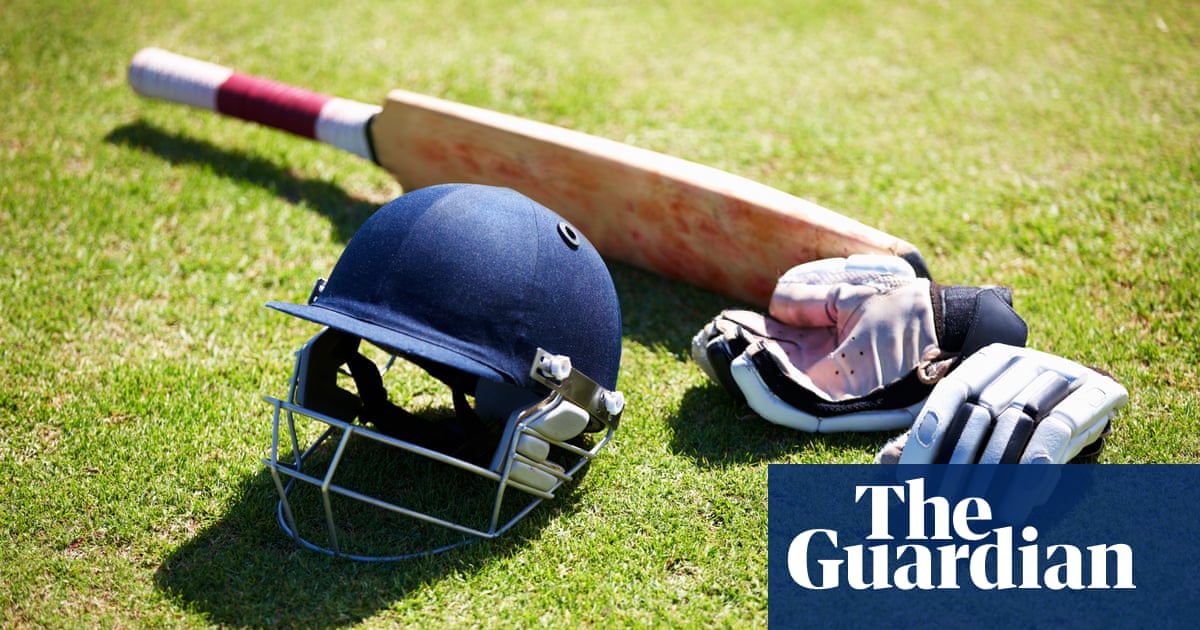The International Cricket Council has become the latest sports body to ban transgender players from the elite women’s game if they have gone through male puberty.
The ICC said it had taken the decision, following an extensive scientific review and nine-month consultation, to “protect the integrity of the international women’s game and the safety of players”.
It joins rugby union, swimming, cycling, athletics and rugby league, who have all gone down a similar path in recent years after citing concerns over fairness or safety.



Bullshit. High level athletes, artists, chefs, etc. aren’t exceptional by god-given talent, but by relentless pursuit of that skill. Some of the best football (soccer) players of all time had unwanted physical builds or even small “defects”. Some of the best volleyball players were way shorter than their peers. The problem with having trans women competing on the same field as cis women in most sports is that the biological advantage they might get far surpasses the most rigorous training they could do, i.e. it becomes about genetic makeup.
The implication of this is that a trans woman who hasn’t devoted her life to the sport will be able to compete at the highest levels. I think that is patently wrong. Most trans women, like most other women, would never have a chance at that without having devoted their lives.
On top of that, many women (and likely trans women though I can’t say for sure) do devote their lives to a sport but still never make it to the highest levels of competition. It’s obviously not just about “god-given talent” as you said, but exceptional circumstances are a necessary condition. Not necessarily in the same way and the same set of conditions for every athlete, but every top-level performer is, necessarily, exceptional.
There’s no such implication. They’d still have to train, but there’d be an inherent advantage. A common example used to justify the division of sports between male and female categories is grip strength – the female world record is ~65kg, whereas the male average is ~50kg. A trans woman who underwent male puberty would have an unfair advantage, on average.
I’ve seen this statistic before in this context. What I hadn’t seen (despite trying to find it) is any data on trans women’s grip strength, or how well grip strength correlates to athletic ability. I don’t disagree that trans women have had different life circumstances than cis women, and that those circumstances likely give them an advantage in many different sports. What I don’t think follows from that is this advantage being an unfair advantage, especially since every top level athlete has advantages (inherent and otherwise) that have led them to their position.
As I understand it, “male puberty” does confer some definite athletic advantages, but hormone therapy and other processes undergone by trans women largely mitigate those advantages. What I can’t say (and haven’t seen discussed scientifically or otherwise) is whether or to what degree those advantages remain “unfair” or even significant.